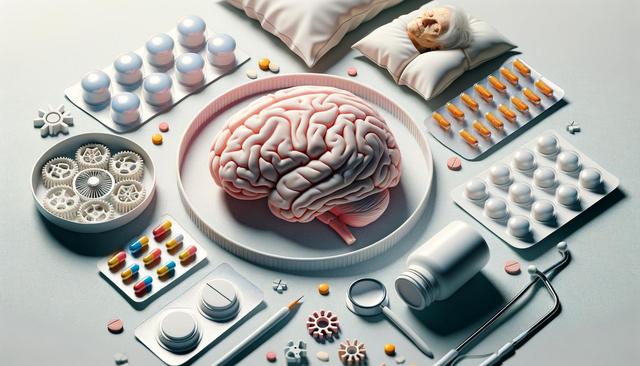Recognizing the Early Signs of Dementia
One of the first steps in managing dementia is identifying its early symptoms. It is crucial to learn about the early signs of dementia, including early Alzheimer’s symptoms, to seek timely intervention. Common indicators may include memory lapses, difficulty finding words, or changes in mood and behavior. Understanding early onset dementia symptoms can be particularly important for individuals under the age of 65, where signs often differ slightly from those in older adults. Family members and caregivers should stay informed to notice any subtle shifts that could suggest cognitive changes.
Some early symptoms to watch for include:
- Short-term memory loss
- Difficulty performing familiar tasks
- Disorientation in familiar places
- Changes in judgment and decision-making
- Withdrawal from social activities
By paying close attention, families can address concerns early, potentially improving outcomes through early interventions and support strategies.
Diagnostic Approaches and Testing for Dementia
When symptoms become noticeable, it is important to pursue a dementia test. Testing typically involves a combination of cognitive assessments, medical history reviews, and sometimes brain imaging. Understand the key indicators tests and warning signs to watch for dementia, as these can guide both patients and healthcare providers toward accurate diagnosis. Early detection not only helps in ruling out other conditions but also provides a clearer path to managing symptoms effectively.
The types of assessments often include:
- Memory and thinking tests
- Neurological exams
- Psychiatric evaluations
- Blood tests to eliminate other causes
- Brain scans like MRI or CT
Prompt testing empowers individuals and families to make informed decisions about care, treatment, and future planning.
Understanding Different Types of Dementia
Dementia is not a single disease but a general term encompassing various conditions. Learning about early onset dementia symptoms and FTD dementia symptoms (Frontotemporal Dementia) can help differentiate between types. Each form of dementia has its own pattern of cognitive decline and behavioral changes, requiring tailored approaches to care.
Some common types include:
- Alzheimer’s disease – typically characterized by memory loss and confusion
- Vascular dementia – often linked to stroke or blood flow issues
- Frontotemporal dementia – marked by personality changes and language difficulties
- Lewy body dementia – associated with visual hallucinations and Parkinsonism symptoms
Understanding these distinctions allows for better communication with healthcare providers and aids in setting realistic expectations regarding progression and treatment options.
Treatment Options and Lifestyle Adjustments
While there is currently no cure for dementia, various treatments can help manage symptoms and improve quality of life. Medication options may slow progression or address specific symptoms like depression or sleep disturbances. Additionally, non-pharmacological interventions such as cognitive therapies, physical activities, and social engagement play a critical role.
Incorporating vitamins for dementia into daily routines may also offer benefits. Some studies suggest that certain nutrients, like vitamin E, B vitamins, and omega-3 fatty acids, can support brain health. However, it’s important to consult healthcare providers before starting any supplement regimen.
Lifestyle adjustments that may support treatment include:
- Maintaining a balanced diet rich in fruits, vegetables, and whole grains
- Engaging in regular physical exercise
- Staying mentally active through puzzles, reading, or learning new skills
- Building strong social connections
- Managing cardiovascular health
Combining medical treatments with these lifestyle approaches can create a comprehensive strategy to support cognitive function and overall well-being.
Providing Support for Individuals and Families
Supporting someone with dementia involves more than medical care; it requires emotional, social, and practical support as well. Understanding the condition’s progression enables caregivers to adapt their approaches and maintain a compassionate environment. Education is a powerful tool—learning to recognize early Alzheimer’s symptoms and early onset dementia symptoms equips families with the knowledge they need to navigate challenges.
Helpful strategies for caregivers include:
- Establishing a structured daily routine
- Communicating clearly and calmly
- Creating a safe and supportive living space
- Seeking out support groups and professional counseling
- Taking time for self-care to prevent burnout
Ultimately, providing holistic support can greatly enhance the lives of those living with dementia and their loved ones, fostering resilience and connection throughout the journey.




Leave a Reply